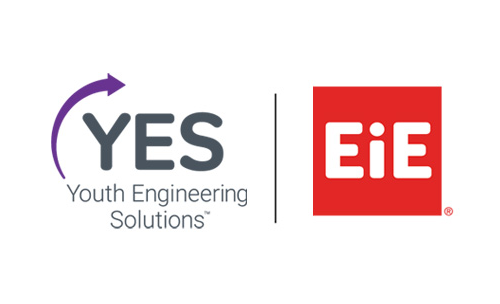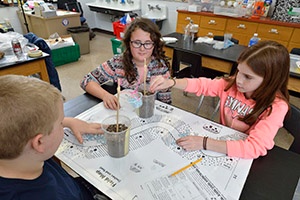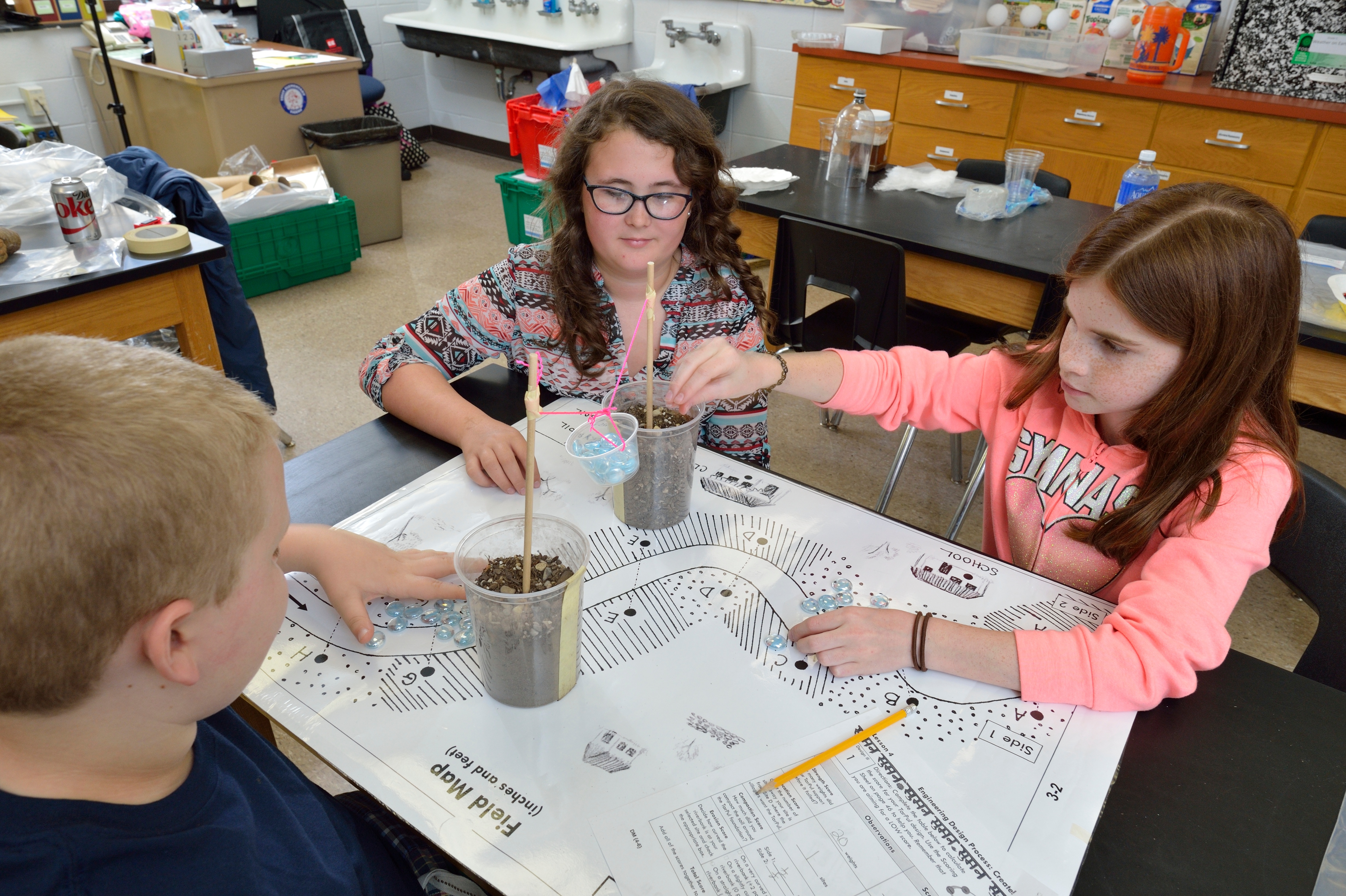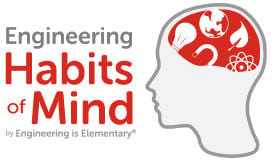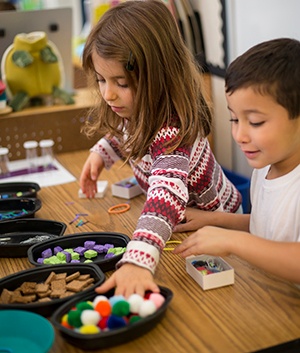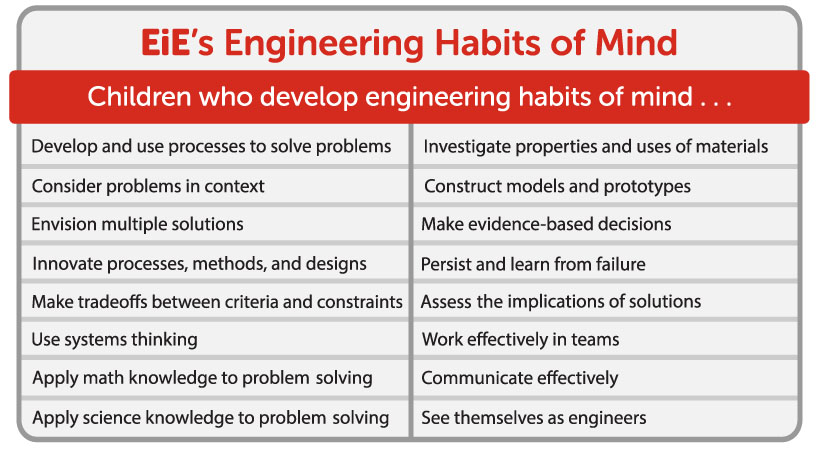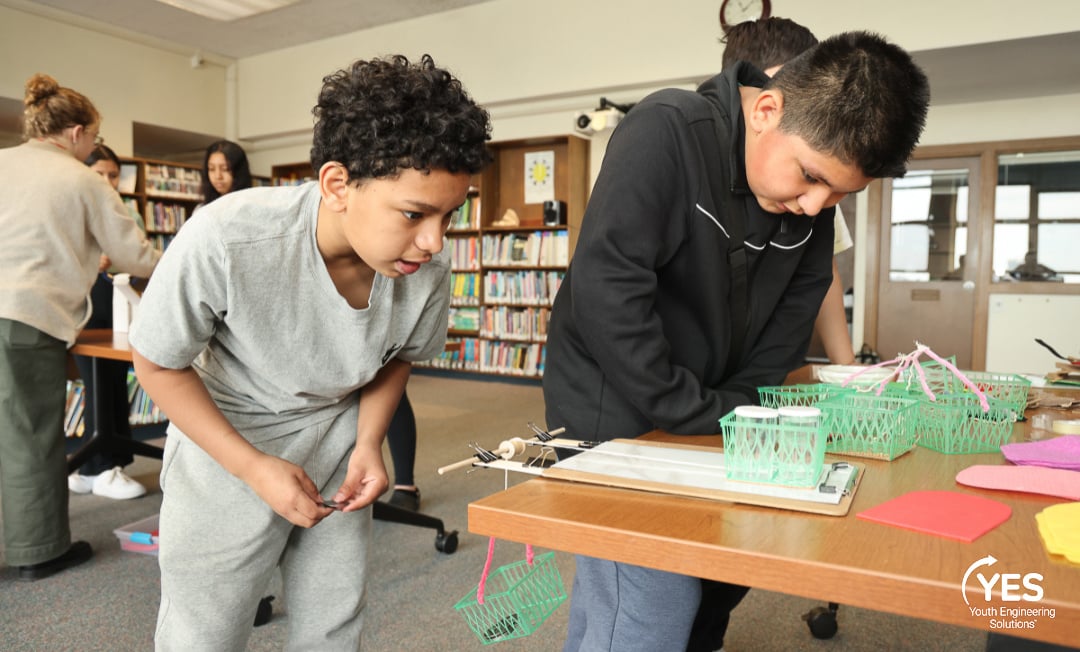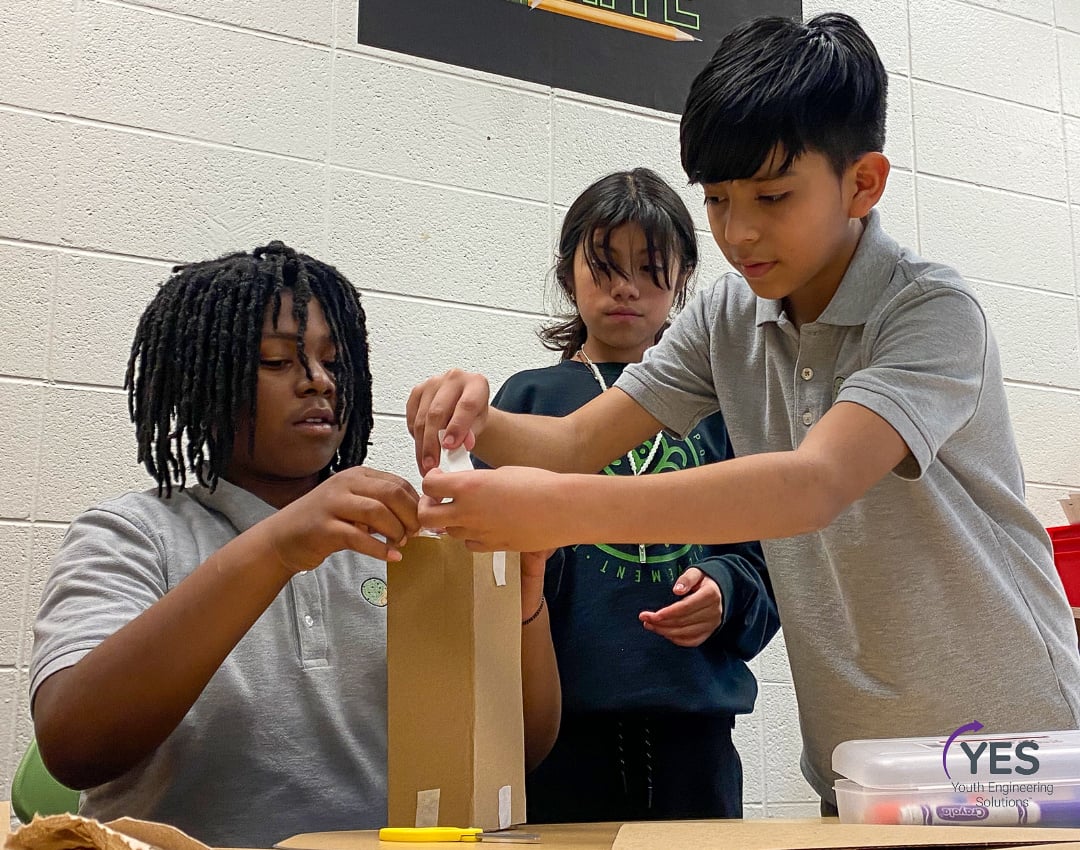Today’s guest blogger is Kate Sokol, a curriculum designer for EiE.
As a curriculum writer for Engineering is Elementary, I’m always thinking about developing activities that promote engineering habits of mind. Many habits of mind; like “collaboration,” “communication,” and “creativity”; naturally integrate with the type of hands-on engineering activities that we develop, and are often used to describe the work of engineers. Other habits, like the call for “ethical considerations,” require deliberate reflection to fully integrate into the K-8 classroom. The idea of ethics in engineering may seem like a daunting topic to navigate with students, but the power of critical thinking and the opportunity for students to consider the impact of their decisions has never been more important.
